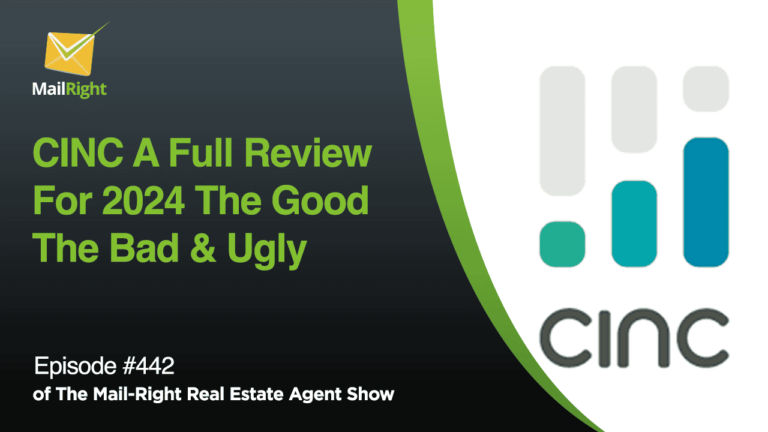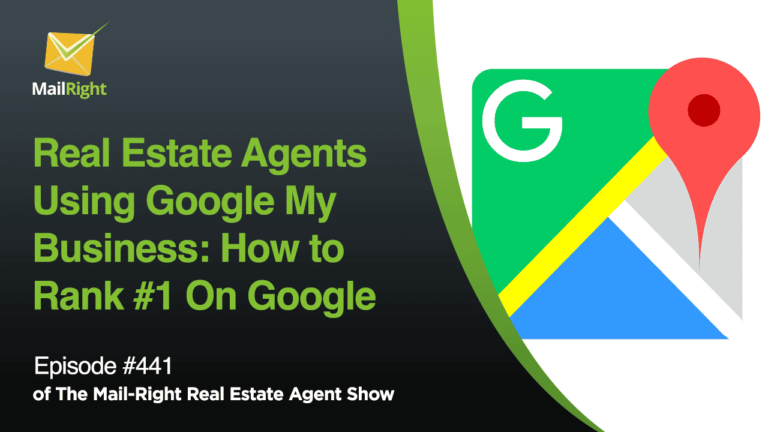Advertising in the Real Estate Industry
For this Mail-Right episode, we get to talk with Audience Town’s CEO, Ed Carey about the challenges of advertising for real estate businesses. Audience Town is a full-service advertising technology platform customized for real estate companies to match services and inventory to the right audiences. Before founding Audience Town, Ed spent 20 years working for leading media, advertising technology, data, and mobile companies including Quest Magazine and The New York Times, among many others.
Half of our time is spent on consuming media from newspapers to television and especially our smartphones. At present, there are 8 billion digital connected devices in the United States alone. About half of that time, consumers spend time digitally with social media. With these numbers, it’s clear to see why advertising in social media is a very enticing marketing strategy. Now the question is how much of the users are going to purchase properties because of your ads?
The State Of Advertising In The Real Estate Industry
There’s a high concentration of ad spend on Zillow, Google, and Facebook, which seems to be where almost all of the money goes. With the high amount spent on these ads, companies are likely to expect valuable data out of it. However, that’s not the case.
A company like Zillow takes all the money from the premium advertising community but fail to report back audience insights. The ads probably work, we can’t deny some of that, but you can’t get a lot of reporting specifically attribution. Did the advertising you spend money on actually sell your products and services or not?
Targeting your audience
Facebook makes $67 billion a year as an ad sales media company. Their ad features make it very easy to target audiences granularly at scale. With the options in demographics Facebook provides, it is evident to marketers that they’re very good at it. And so was Google, but it’s not where people spend most of their media time.
Facebook was built as a self-serve platform that makes it easy for users to create and publish ads on their own. However, it’s not an ideal track for real estate. It got tricky for real estate because you have to target 18 plus adults, which is too saturated.
Programmatic advertising
Programmatic advertising or auction-based advertising is how most advertising nowadays is published. Additionally, because of the limited providers of digital advertising, the cost spent on digital ads is statistically higher than traditional media. Because of this, Audience Town saw the opportunity to bridge digital advertising to the real estate world by providing more options for brokerages and agents to connect with the right customers at the right time.
Identify Unique Audience
Because of the amount of data on the internet, it can be hard to identify which data is uniquely exclusive for the real estate industry. Advertisers need to find significant data companies and partners that know a lot about consumers. Information on migration trends and consumer habits are most valuable for real estate agents.
Once advertisers and data companies can sort these profiles onto the web audience, purchases and inquiries will likely increase. From there, agencies, together with their providers, can slowly optimize the delivery of those ads for more targeted content.
Develop Brand
It typically requires at least seven to 10 advertising and marketing exposures to a consumer for them to decide to take action. So how does a lead come in? Companies have to show ads over time across various channels, including email, including out-of-home marketing, and only then those ads could influence them to become a lead.
Leads happen through a process and a journey that you have to take consumers down, which also requires other marketing and advertising tactics. According to Ed, if advertising companies can make advertising and marketing efficient, well priced, and well-targeted, you can do targeted branding that will result in higher numbers of leads.





